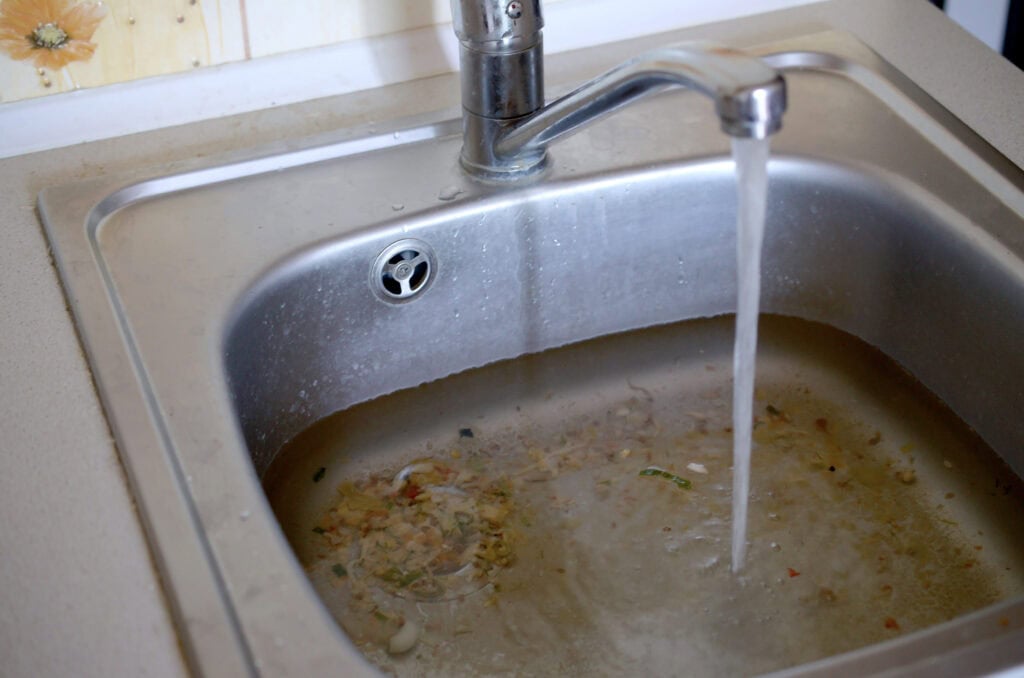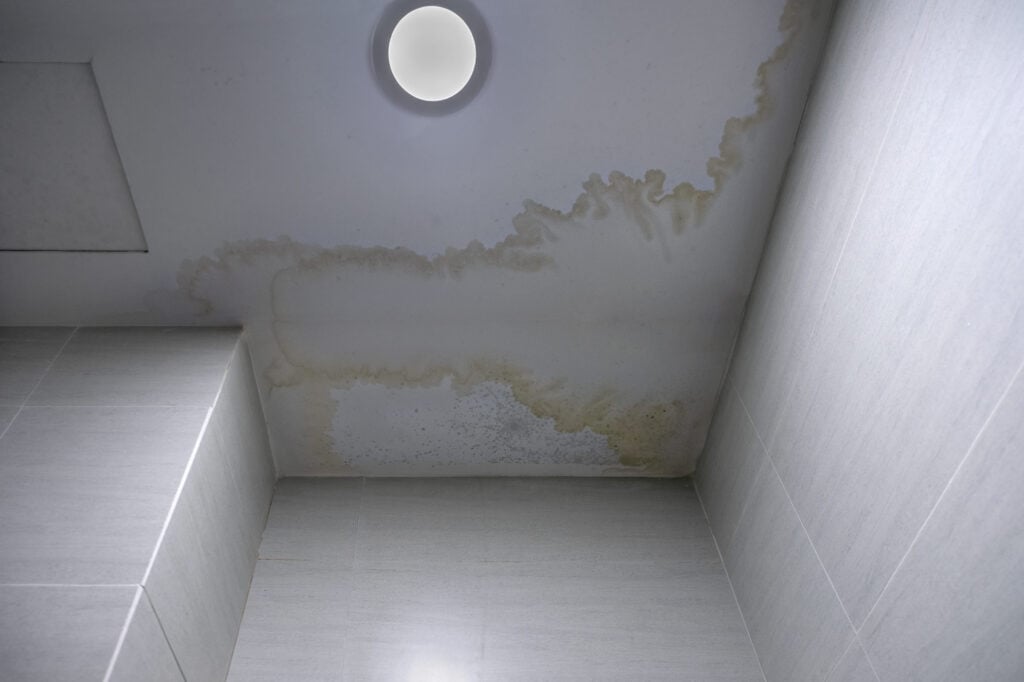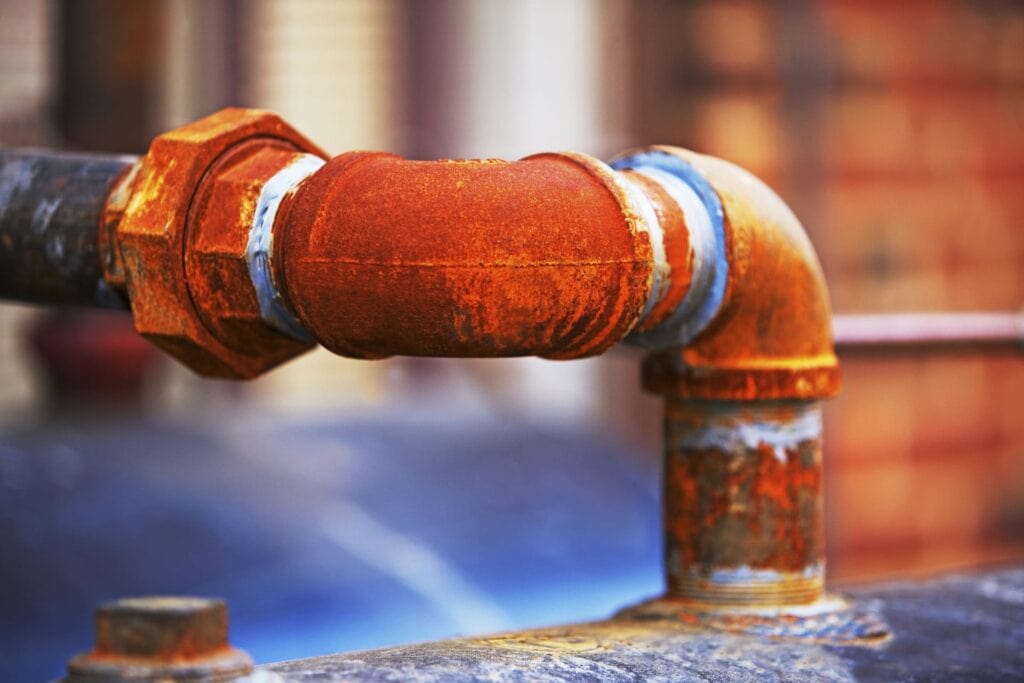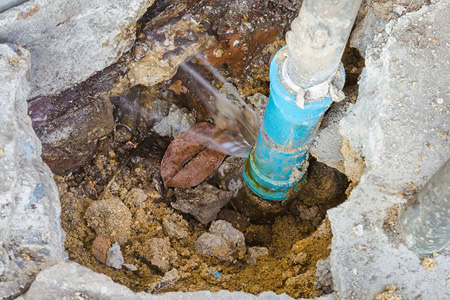Understanding when to call a plumber can save homeowners and business owners time, money, and prevent potential disaster. While some plumbing issues might seem minor, they can quickly escalate into significant problems that require expensive repairs. This guide will highlight ten telltale signs that indicate it’s time to pick up the phone and call a professional plumber.
1. Unexpected Increase in Water Bill
A sudden spike in your water bill without a corresponding increase in water usage is a clear sign of a hidden leak. Leaks can occur in underground pipes or within walls and may not always be visible. According to the Environmental Protection Agency (EPA), fixing easily corrected household water leaks can save homeowners about 10% on their water bills.
- Review your monthly water bills for unexpected increases
- Listen for running water sounds to identify hidden leaks
- Regularly inspect your property for wet spots or mold growth
2. Water Pressure Too Low
Low water pressure makes everyday tasks like showering or washing dishes frustrating and time-consuming. This issue can be due to sediment build-up in your pipes or more serious problems like a leak or breach in the main water line.
- Clean faucet aerators and shower-heads to remove sediment build-up
- Check for leaks around your property
- Consider consulting a plumber if cleaning doesn’t improve water pressure
3. Slow Drainage
Slow drainage often points to a blockage in your pipes. While over-the-counter drain cleaners can provide a temporary fix, they can also damage your plumbing over time. Professional plumbers use specialized tools to safely remove blockages without harming your pipes.
- Avoid pouring grease or food scraps down the kitchen sink
- Use hair catchers in showers and bathtubs
- Schedule regular drain cleaning to prevent blockages

4. Gurgling Sounds
Gurgling sounds coming from your drains or toilet can indicate a blockage in the vent pipe or sewer line. These sounds are caused by air being trapped and then released, signaling that water flow is being obstructed.
- Check vent pipes for blockages
- Avoid flushing non-degradable items down the toilet
- Call a plumber if gurgling sounds persist
5. No Hot Water
A lack of hot water is often due to issues with your water heater. These problems can range from simple fixes like relighting the pilot light to more complex issues requiring professional diagnosis and repair.
- Regularly inspect your water heater for signs of rust or leakage
- Flush the water heater tank annually to remove sediment build-up
- Set the thermostat to an appropriate temperature to avoid overheating
6. Water Stains on Walls or Ceilings
Water stains on your walls or ceilings are clear indicators of leaks. These leaks can cause structural damage over time and lead to mold and mildew growth, posing health risks to occupants.
- Inspect areas around fixtures and appliances for leaks
- Paint or wallpaper discoloration can also indicate hidden leaks
- Address leaks promptly to prevent structural damage

7. Frequent Clogs
Frequent clogs in sinks, toilets, or showers suggest problems deeper within your plumbing system. Persistent clogs require professional tools and expertise to resolve without causing damage to your pipes.
- Use strainers in sinks to catch debris
- Do not flush anything other than toilet paper
- Regular professional cleaning can prevent recurring clogs
8. Water Doesn’t Stay Hot
If your water heater can’t maintain a consistent hot water supply, it may be failing. Water heaters have a lifespan of about 8-12 years, depending on maintenance and water quality.
- Insulate your water heater and pipes
- Schedule regular water heater maintenance
- Consider upgrading to a more efficient model if problems persist
9. Rusty Water or Pipes
Rusty water or visible rust on pipes can indicate corrosion, which can lead to leaks and poor water quality. Corroded pipes need to be replaced to prevent water damage and health issues.
- Check pipes for discoloration, flaking, or rust
- Test water quality for signs of corrosion
- Replace any corroded sections of pipe promptly

10. Sewer Odor
A strong sewer odor in or around your property is a sign of a broken sewer line or vent. Sewer gas can be hazardous and requires immediate attention from a plumbing professional.
- Seal any cracks in your foundation
- Ensure all vent pipes are clear of obstructions
- Schedule a sewer line inspection if you notice foul odors
Key Takeaways for When to Call a Plumber
Recognizing when to call a plumber can prevent minor issues from turning into major ones. Regular maintenance and prompt attention to the signs listed above can save you from costly repairs and ensure your plumbing system operates efficiently and safely.
Frequently Asked Questions
How often should I have my plumbing inspected? Annual inspections can help identify potential problems before they escalate, saving you money and hassle in the long run.
Can I fix a plumbing issue myself? While some minor issues can be addressed with DIY solutions, it’s best to consult a professional for more complex problems to avoid causing further damage.
What’s the best way to prevent plumbing issues? Regular maintenance, including cleaning drains and inspecting pipes and appliances, is key to preventing plumbing issues.
How do I choose a reliable plumber? Look for licensed, insured professionals with positive reviews and a track record of quality service.
Is it worth investing in high-efficiency plumbing fixtures? Yes, high-efficiency fixtures can reduce water usage and lower utility bills, making them a worthwhile investment in the long run.

